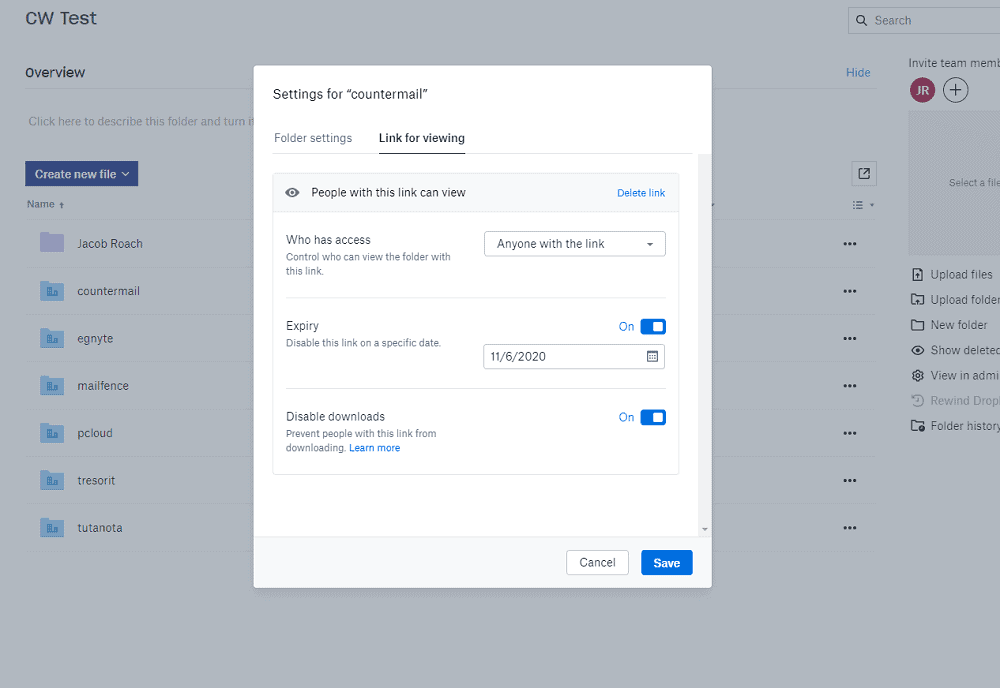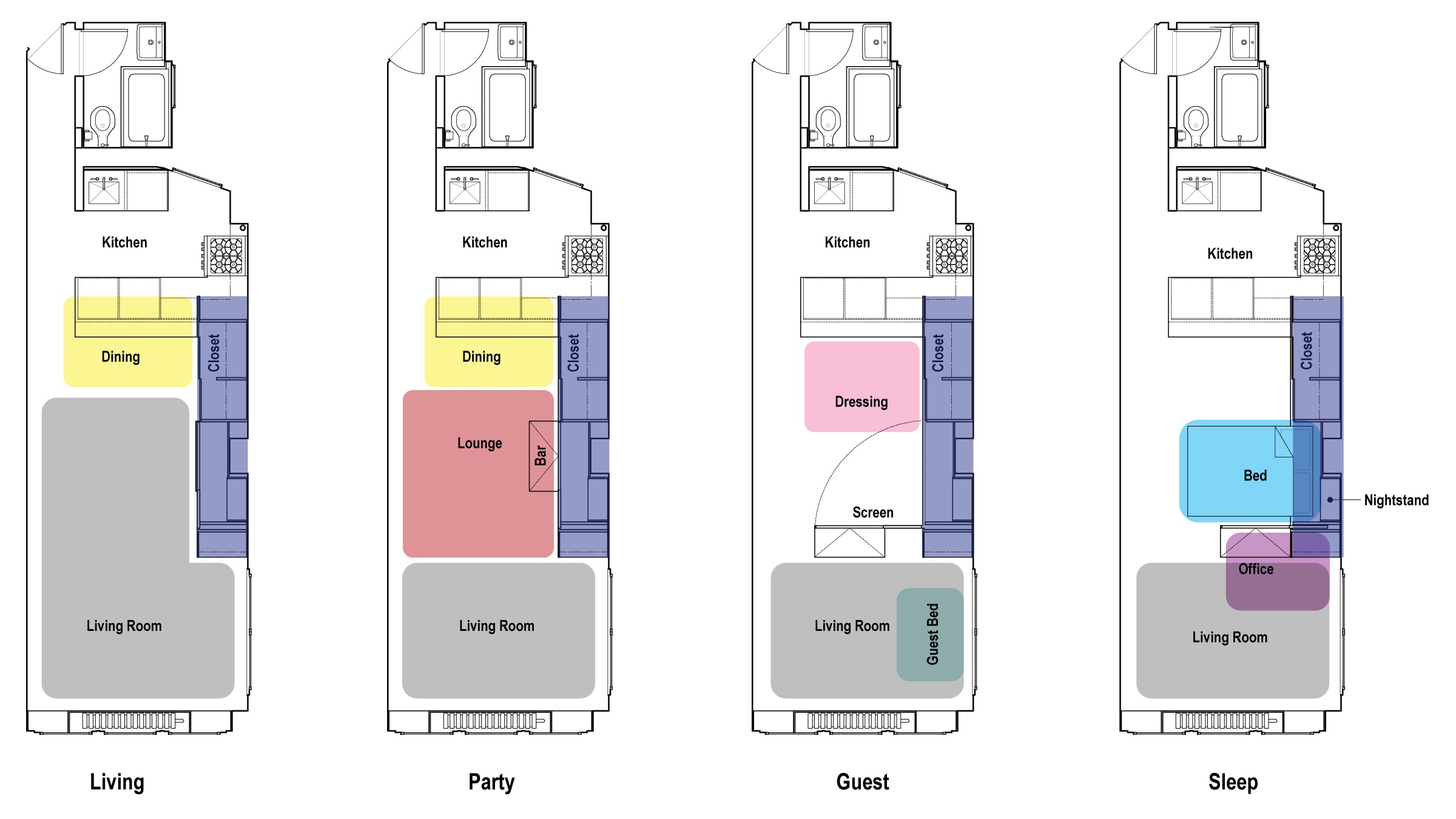

While Dropbox still provides just 2GB of free storage, Microsoft offers 15GB without payment. OneDrive storage can also be purchased in smaller amounts without Office desktop applications, at $1.99 a month for 100GB or $3.99 for 200GB. You can get the same terabyte of OneDrive storage for $6.99 a month or $69.99 a year with Office desktop applications on one computer. For $9.99 a month or $99.99 a year, Microsoft gives home users 1TB of OneDrive storage and Office 365 Home, providing access to the Office desktop applications on up to five computers. Now Dropbox Pro includes just the terabyte plan, though the company also has pricier options for businesses.ĭropbox's competitors still offer valuable features that Dropbox doesn't, namely cheaper options and access to productivity applications. "Previously, Dropbox had three different Pro plans with 100GB, 200GB and 500GB of storage, priced at $9.99, $19.99, and $49.99 per month, respectively," PCWorld wrote today. The Dropbox plan costs $99 if you buy a full year subscription. Today, Dropbox closed some of the gap by announcing that Dropbox Pro will now provide 1TB of capacity for $9.99 a month, the same price as Google Drive and Microsoft's OneDrive. They do not represent the views of, nor constitute an endorsement by Capterra or its affiliates.Dropbox is so widely used that it's practically a synonym for cloud storage and file sharing, but the company is being squeezed on price and storage options by bigger competitors such as Google and Microsoft. Note: Listed pros and cons are derived from features listed on the product website and product user reviews on Gartner Digital Markets domains (Capterra, GetApp, and Software Advice). In addition to these qualifications, we checked for products that received over 100 reviews over the last two years. For this guide, we included options that offer a mobile app for at least one of the two platforms.

Mobile apps: Dropbox offers both Android and iOS mobile apps. For this guide, we considered options that have similar protocols to maintain security and privacy of user data. Dropbox also has measures in place to protect user privacy, as well as detect any suspicious account activity, phishing, and malware. Both of those are widely used security protocols.

Security and privacy protocols: Dropbox uses 256-bit Advanced Encryption Standard (AES) to protect stored data, and Secure Sockets Layer (SSL)/Transport Layer Security (TLS) to protect data during transfer. For this list, we included products that offer at least 5GB of free storage. Storage: While Dropbox Basic offers only 2GB of free storage, in our research we discovered that a lot of Dropbox competitors offer anywhere from 5GB to 15GB storage in their free plans.


 0 kommentar(er)
0 kommentar(er)
